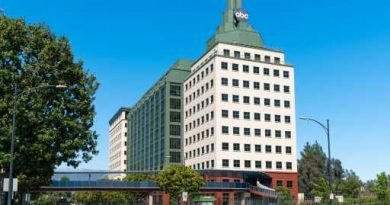Singapore tightens curbs to cool buoyant property market
Singapore announced a package of measures to cool its property market on Wednesday, including raising stamp duties and tightening loan limits.
The private residential and public housing resale markets have been buoyant, despite the economic impact of Covid-19, the government said in a statement.
Private housing prices have risen by about 9% since the first quarter of 2020, while public housing resale flat prices have increased about 15%.
Authorities in Singapore, where real estate is a safe haven investment for wealthy foreigners, keep close tabs on property prices to ensure housing remains affordable for locals and stays in step with economic fundamentals.
"If left unchecked, prices could run ahead of economic fundamentals, and raise the risk of a destabilizing correction later on," said the joint statement by the Finance Ministry, the Ministry of National Development and the central bank.
"Borrowers would also be vulnerable to a possible rise in interest rates in the coming years."
The measures will come into effect on Dec. 16.
Among the measures, the government will raise the additional buyer's stamp duty (ABSD) for foreigners to 30% from the current 20%.
Stock picks and investing trends from CNBC Pro:
These stocks worked the last time the Fed started hiking rates and Wall Street likes them now
A new way to play the metaverse boom? UBS reveals 7 less obvious stocks
Jim O’Neill, Dan Niles, Guy Spier and 7 other market strategists share their best advice for 2022
It will also increase the rate for citizens buying their second homes to 17% from 12%, while for third and subsequent homes, the rate goes to 25% from 15%.
The ABSD for permanent residents buying a second home will rise to 25% from 15%, while for third and subsequent homes it is revised to 30% from 15%.
Entities will have to pay 10 percentage points more at 35%.
Singapore last increased ABSD rates in 2018.
The government will also tighten the total debt servicing ratio threshold to 55% from 60%, and will increase public and private housing supply, it said.
Source: Read Full Article



